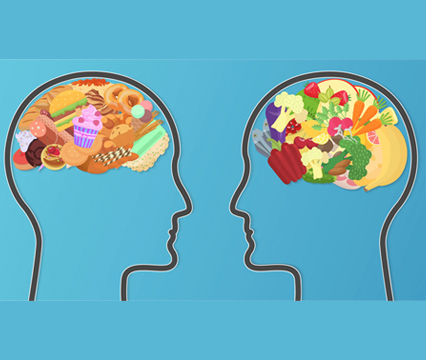Early childhood nutrition and cognitive functioning in childhood and adolescence
This 2020 article presents the findings of a longitudinal study carried out by the Institute of Nutrition of Central America and Panama (INCAP). The data of this study can be used to evaluate the role of nutrition in cognitive functioning over time. The objective of this paper was to assess the associations between early childhood nutritional status and supplementation with cognitive development during childhood and adolescence/young adulthood. The authors reviewed forty-one articles and summarized the key results. In general, the results suggested that indicators of a child’s early nutritional status were strongly related to motor and cognitive development in infancy, throughout the preschool years, and in young adulthood/adolescence. Taking nutritional supplements from the gestational period up until the child is 2 years old was linked with improvements in motor development and minor enhancements in cognitive development during infancy and the preschool years. Similar results were seen with cognitive functioning in adolescence and young adulthood. Among adolescence, there was a significant correlation between socioeconomic status and the number of school years reached. In summary, there is a need for programs to address the nutritional deficiencies in at-risk mothers and children, and to potentially enhance human cognitive development. [NPID: cognition, cognitive development, nutrition, adolescents, children, review, supplements, motor development]
Year: 2020

 Navigation
Navigation






